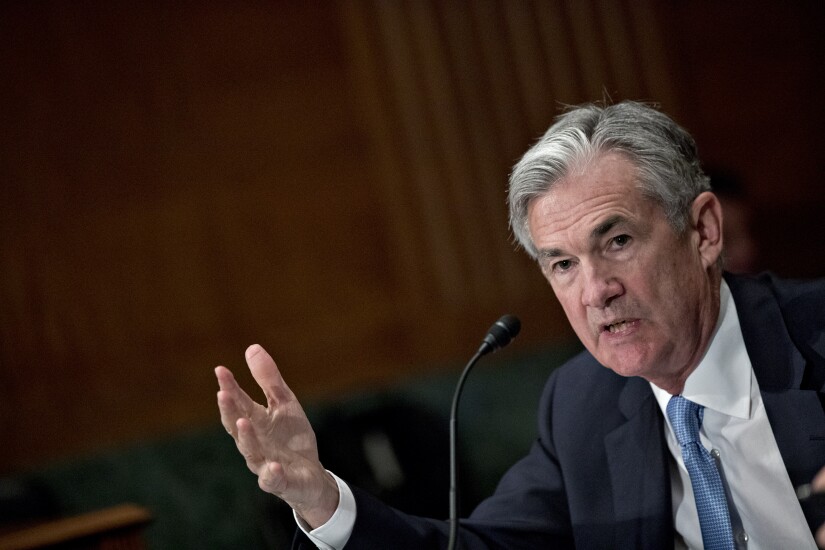2025 AZBEE Awards of Excellence Winner, Regional Gold Award
Online - Online Single Topic Coverage
After months of anticipation, the Federal Reserve's top regulator will give a comprehensive update on the central bank's regulatory capital reform proposal from last year.
Fed Vice Chair for Supervision Michael Barr is set to give a speech on the so-called Basel III endgame proposal on Tuesday morning at the Brookings Institution in Washington, D.C. He will then discuss the next steps for the interagency proposal with David Wessel, director of the think tank's Hutchins Center on Monetary and Fiscal Policy.
The reforms themselves were years in the making and stem from international standards set by the Basel Committee on Bank Supervision in 2017. Sometimes referred to as Basel IV, the accord was aimed at making the global financial system more resilient, but the standards it set out were non-binding and were left up to each participating regulatory jurisdiction to adopt.
The joint proposal from the Fed, Federal Deposit Insurance Corp. and Office of the Comptroller of the Currency in July 2023 would see aggregate capital levels increased by 16% for banks with $100 billion or more of total assets. This proposed uptick elicited fierce opposition from the industry and its allies in Congress, as well as a broad array of other trade and interest groups.
In response to the pushback, regulators extended the deadline for commentary on the proposal, launched a data-gathering campaign to better understand the impacts of the reforms and, ultimately, pledged to make "broad and material changes" to the framework.
In July, Fed Chair Jerome Powell said his agency was prepared to move forward with a revised proposal as soon as it could reach an agreement with the FDIC and OCC on next steps.
The commitments to change have cooled the debate in and around Washington, as banks and their lobbyists wait for specifics, but the looming reforms still cast a long shadow over the industry. As Barr unveils the roadmap for the changes ahead, here are five questions that need to be answered.












